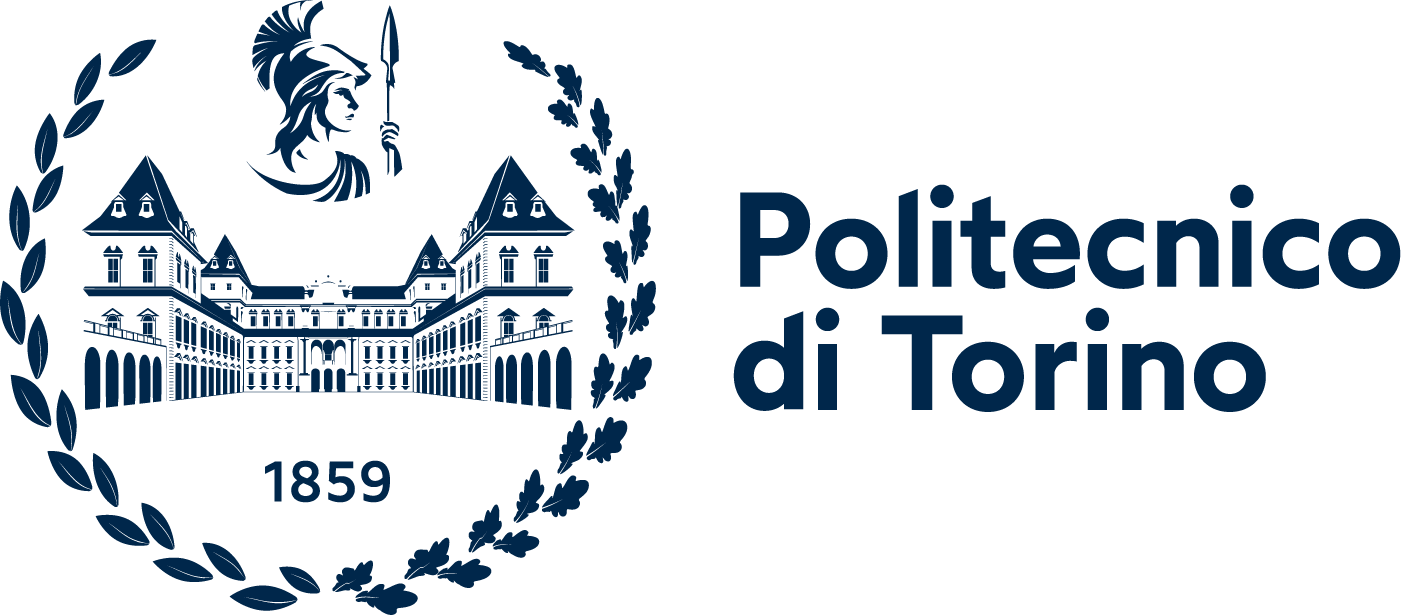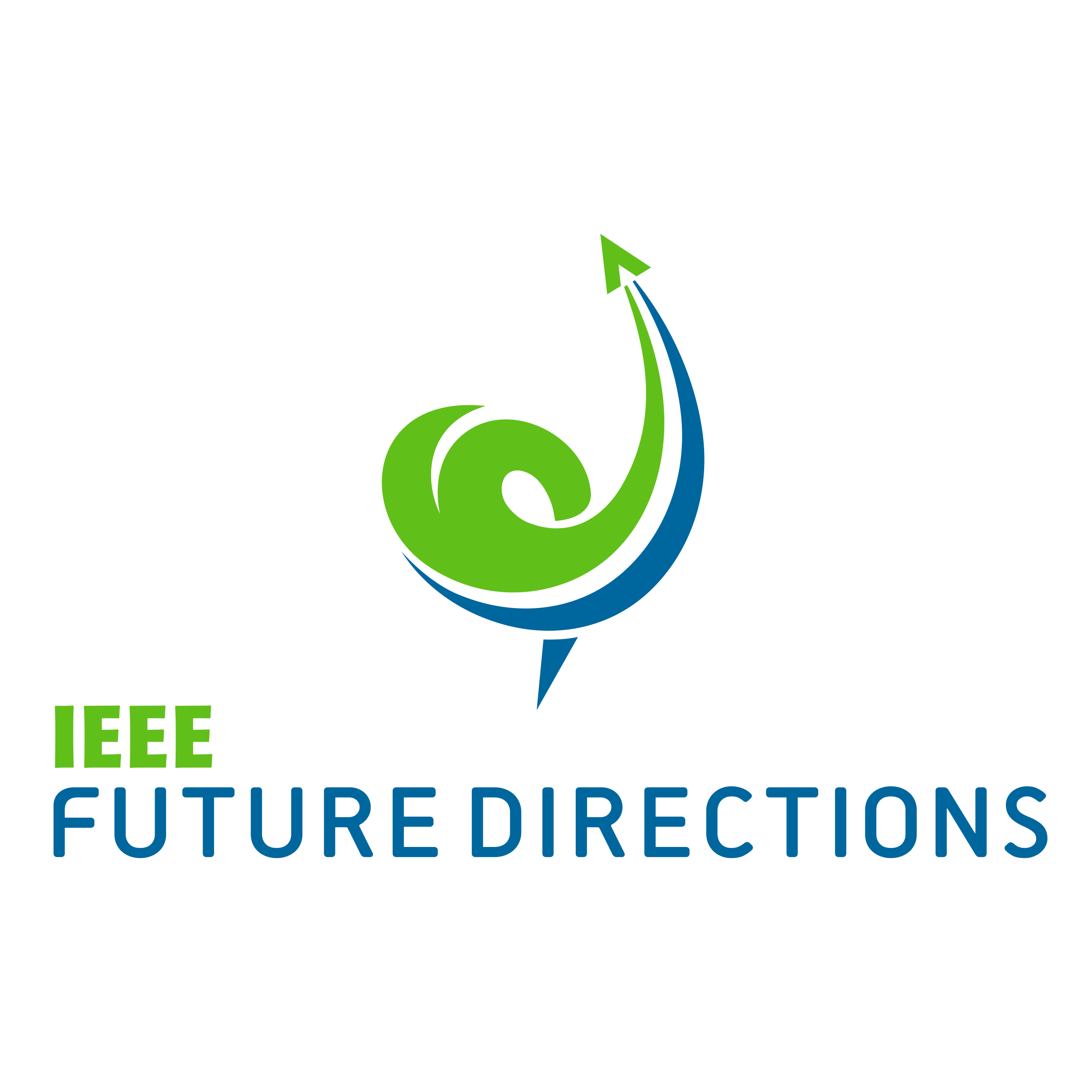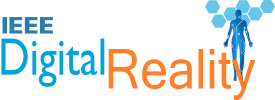IMPORTANT INFORMATION FOR COMPSAC 2022 AUTHORS
COMPSAC 2022 will be completely virtual as it was in 2020 and 2021, and all presentations will be done virtually. We will announce this update also in the submission acceptance letters to authors. Authors of accepted papers will be required to provide a video of their presentation together with the submission of the final version of their papers. COMPSAC will provide detailed guidance regarding preparation and submission of these videos.
The 9th IEEE International Workshop on Medical Computing (MediComp 2022)
Goal of the Workshop
Health and Medical care industries are one of the largest and fastest-growing parts of a country’s economy. The proper collection, management and utilization of medical information play a critical role in detecting health and medical problems, identifying innovative solutions and allocating resources to treat patients, medical computing technologies are widely employed to improve the quality of healthcare services.
There are several significant computing technology developments and innovations that are making a big splash on the health and medical care information manipulation. Examples of currently emerging technologies include, 1) Health sensing: There’s been a sharp increase in the quantity and variety of consumer devices, especially mobile devices such as smartphones, and medical sensors that capture some aspect of physiological, cognitive and physical human health including vital signs, medical images, videos, activity data; 2) Big data analytics: With the increasing digitization of health and medical care, a large amount of health and medical data has been accumulated and the size is increasing in an unprecedented rate, discovering the in-depth knowledge and values from the big medical data is the key to deliver the best evidence-based, patient-centric, and accountable care; 3) Cloud computing: With medical care providers looking at automating processes at lower cost and higher gains, cloud computing provides an ideal platform to achieve high efficient use of computing resources, simplify management, and improve services in a safe and secure manner;4) Artificial intelligent: AI can help people precisely predict or diagnose disease, and provide suitable intervention methods or treatments.
Theme and Scope of the Workshop
The workshop will bring together researchers and practitioners to share research results, advances and practical experience related to medical computing areas.
The workshop calls for original papers describing the theories, methodologies, and solutions about the innovative application of emerging computing technologies that deal with the collection, storage, retrieval, sharing, and use of medical data and knowledge, as well as the integration of heterogeneous medical services and devices for enhanced medical care services. Topics of interests include, but are not limited to:
- The integration of heterogeneous medical services
- Health sensing technologies and systems and their interoperation
- Health data storage, processing and manipulation
- Data mining/deep knowledge discovery from Health and Medical data
- Big data analysis on health and medical area
- Mobile health(mHealth) service/system and their interoperation
- Intelligent integration of multiple medical service/system
- Privacy and security and on healthcare
- Intelligent healthcare/decision support system
- Medical care resource management in smart medical environments
- Medical related image and video processing
- Cloud computing and process integration for medical care
- Pervasive and ubiquitous computing for medical care delivery
- Semantic/knowledge driven medical information management
- Interoperation of medical services and devices in smart environments
- Disease predication and diagnosis based on AI
- Signal recognition in Pharmacovigilance
- Rational drug system
There is no doubt that the adoption of these innovative technologies in health and medical fields creates tremendous opportunities. Yet lots of challenges still need to be resolved for achieving enhanced health and medical care services.
In July of 2014, 1st MediComp was successfully held in Vasteras, Sweden. Based on excellent and notable initial responses from researchers of all different countries. From then on, we had successfully held 8 workshops consecutively.
The workshop aims to investigate how these emerging computing technologies are exploited for creating new ways for health & medical service providers and their patients to readily access and use health information and improving the quality, safety, and efficiency of medical care.
Likely participants: Medical System Architectural designers, Digital Medical Service people, EMR system, Data Analysts and security researchers, etc. are called to participate and exchange ideas and techniques.
Please visit Information for Authors for formatting instructions, page limits, and IEEE paper templates.
Important dates for submission and notification are listed here.
Workshop Organizers
Ji-Jiang Yang, Tsinghua University, China
Email: yangjijiang@tsinghua.edu.cn
Jianqiang Li, Beijing University of Technology, China
Email: lijianqiang@tsinghua.org.cn
Sheikh Iqbal Ahamed, Marquette University, USA
Email: sheikh.ahamed@marquette.edu
Faheem Akhtar Rajput, Sukkur IBA University, Pakistan
Email: fahim.akhtar@iba-suk.edu.pk
Program Committee
Bruce McMillin, Missouri University of Science & Technology, USA
Zahid Hussain Khand, Sukkur IBA University, Pakistan
Hua Zhong, Institute of Software, CAS, China
May D. Wang, Geogia Institute of Technology, USA
Di Xiao, University of Queensland,Australia
Hossain Shahriar, Kennesaw State University, USA
Minhua Lu, ShenZhen University, China
William Chu, Donghai University, Taiwan
Reiko Hishiyama, Waseda University, Japan
Pinar Yildirim, Okan University,Turkey
Zhen Fang, Institute of Electronics, CAS, China
Asif Rajput, Sukkur IBA University, Pakistan
Asif Raza Shah, Sukkur IBA University, Pakistan
Noman Islam, University of Kuala Lumpur, Malaysia
Nouman Durrani, National University – FAST, Pakistan


